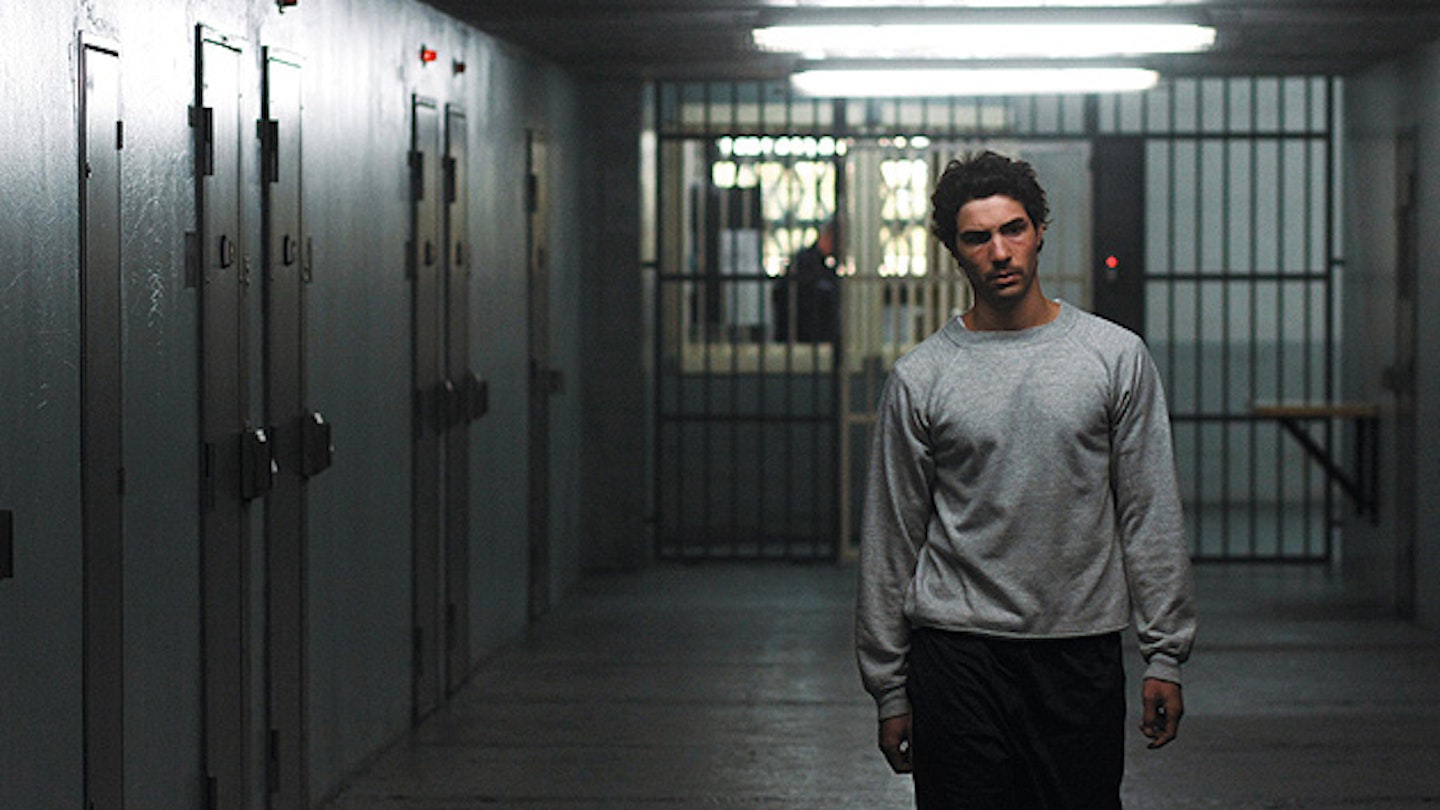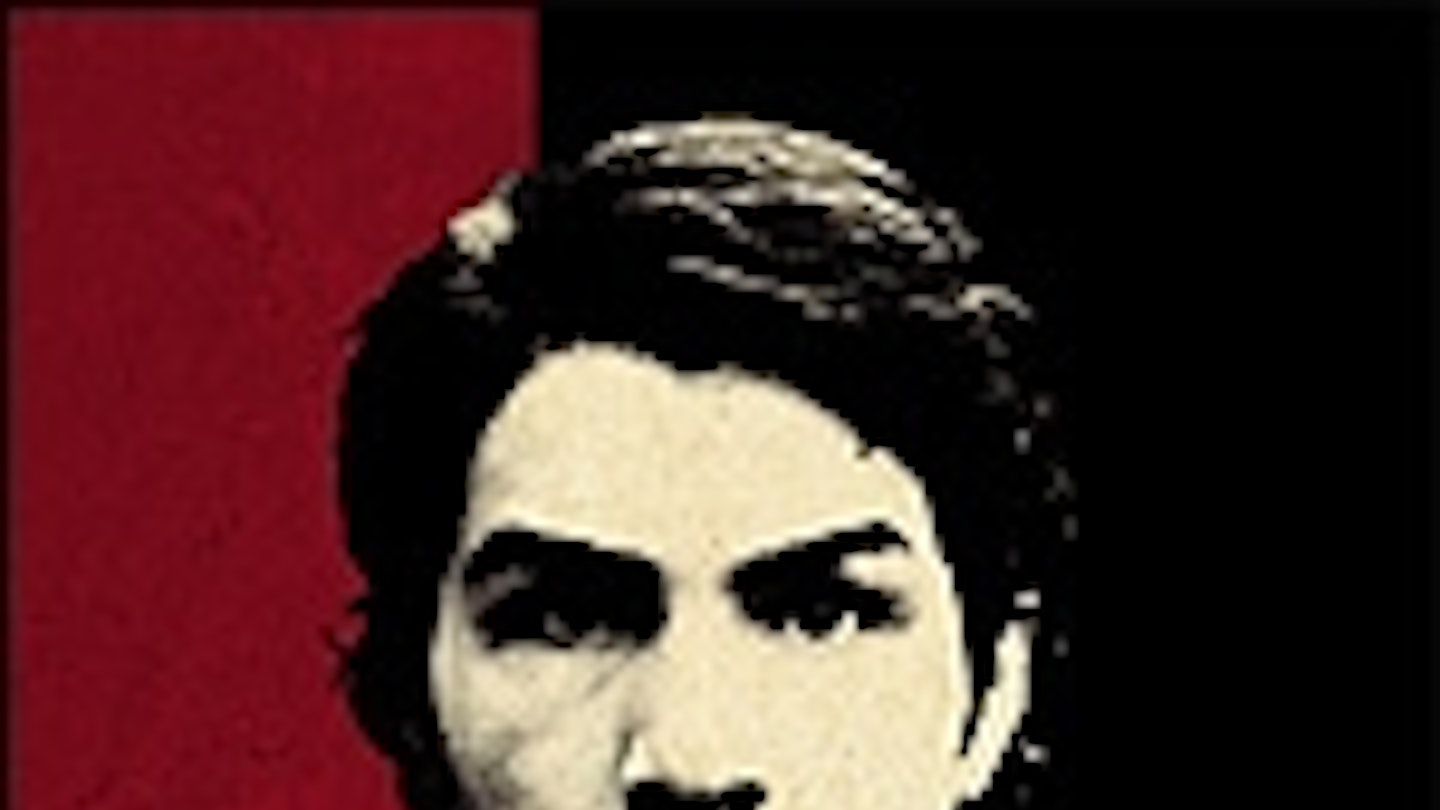Jacques Audiard is in love with the promise and potential of the crime thriller genre. Both 2001’s Read My Lips — a psycho-sexual film noir with respectful nods to Hitchcock and Sirk — and 2005’s The Beat That My Heart Skipped — a nervily realist reworking of James Toback’s 1978 crime ’n’ classical music melodrama, Fingers — brought a Gallic naturalism to the hoary crime flick. With A Prophet he’s pushed that model further, creating a gritty, expansive prison drama that constantly strains against the bars of the genre.
As small-time teen crim Malik, Rahim shifts from wary tough-nut to keen student to aloof enigma in the furrow of a brow. It’s a masterful performance but it has to be, as Audiard’s roving camera never leaves him. Regarded as a dirty Arab by the Corsican cons and a greasy Corsican by the Arab inmates, Malik is our guide through the nightmare labyrinth of the French penal system and its network of warring tribes.
Central to Malik’s rise is his relationship with imprisoned Corsican crime boss Cesar, played with wearily majestic portent by Niels Arestrup. It’s on Cesar’s orders that — on pain of death — Malik murders fellow Arab inmate Reyeb (Hichem Yacoubi), resulting in two of the film’s most viscerally affecting scenes: the murder itself, and Malik’s painful studies in how to hide a razorblade in the mouth. Once the deed is done, Malik has two protectors: Cesar and the ghost of Reyeb. But whereas Cesar’s role is central to the narrative arc, Reyeb, who initiates occasional moments of compelling surrealism, seems like an idea sacrificed to the cutting room floor.
Against the cosy genre conventions of that other recent grandiose French crime flick, Mesrine, A Prophet’s ambition and sense of thrilling invention is commendable. Yet unlike say, Gomorrah or Il Divo, where labyrinthine structures illustrated the complexities of the criminal systems on trial, here it just seems Audiard has got in over his head. Characters introduced with chapterised freeze-frames and cool intertitles are passed over or forgotten about (most unforgivably, Reyeb himself), while bigger ideas like Malik’s ability to see into the future (the prophecies of the title) and his status as a hero within the narrative just seem confused.







